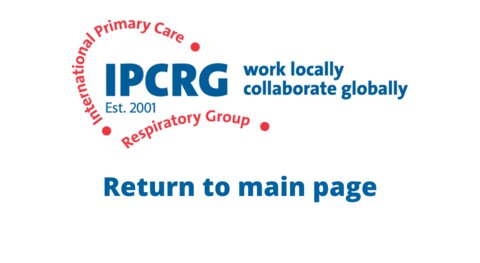What are the risk factors for severe illness with common respiratory viruses such as influenza and RSV?
What the research says
Influenza (Kalil et al 2019; Vitoratou et al 2023; Zhao et al 2020))
- Risk factors for severe illness associated with influenza infection include pregnancy and extreme obesity
- Risk factors for the development of pneumonia associated with influenza infection include:
- Younger age (<5 years)
- Older age (>65 years)
- Nursing home residency
- Chronic lung or heart disease
- History of smoking
- Immunocompromised state
Respiratory syncytial virus (RSV)
- Adults at highest risk for severe RSV include (CDC 2023a):
- Older adults (>65 years)
- Those with chronic heart of lung disease
- Those with weakened immune systems
- Infants and young children at highest risk for severe RSV include: (CDC 2023b)
- Premature infants and those <6 months of age
- Children <2 years with chronic lung disease or congenital heart disease
- Children with weakened immune systems
- Children with neuromuscular disorders are at increased risk for PCS (Tsampasian et al 2023).
What this means for your clinical practice
- Continue to encourage patients, especially those at increased risk for more severe illness from influenza infection, to consider annual influenza vaccinations as recommended in your National Guidelines.
- There are newly approved vaccines against RSV for use in adults (but not children) and more approved vaccines are expected in the coming months.
- Maintain particular vigilance for individuals with multiple risk factors and promote preventive measures to reduce the risk for infection during endemic seasons.
Resource information
- COVID-19
